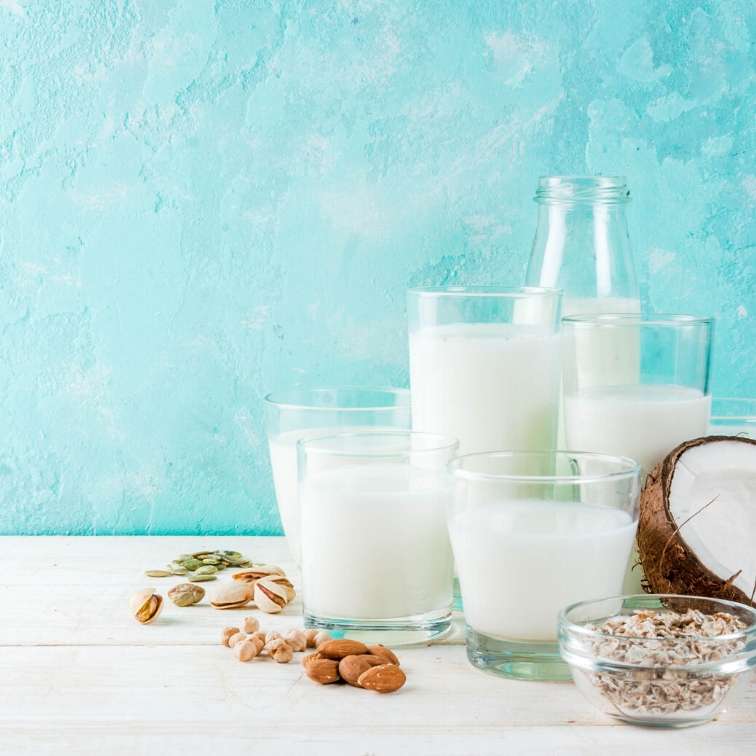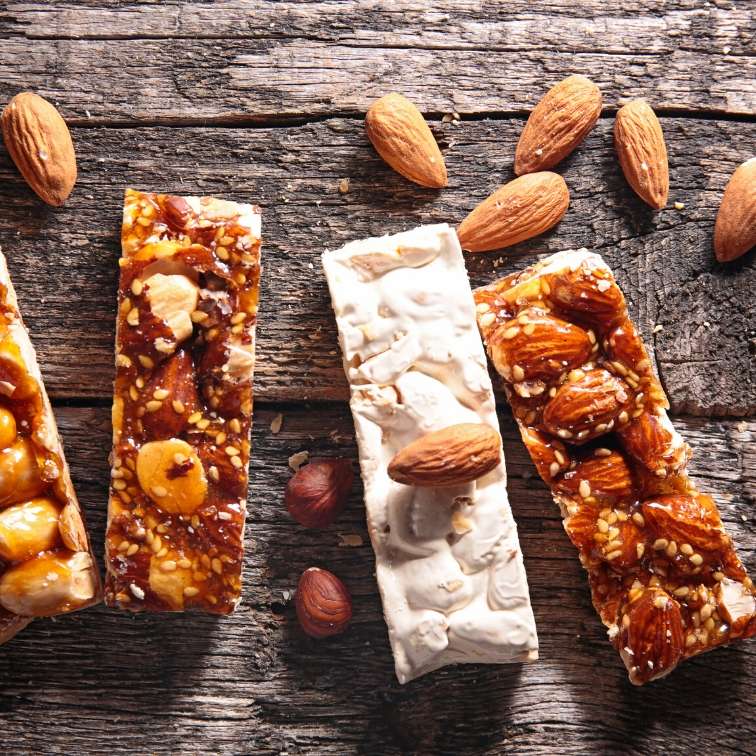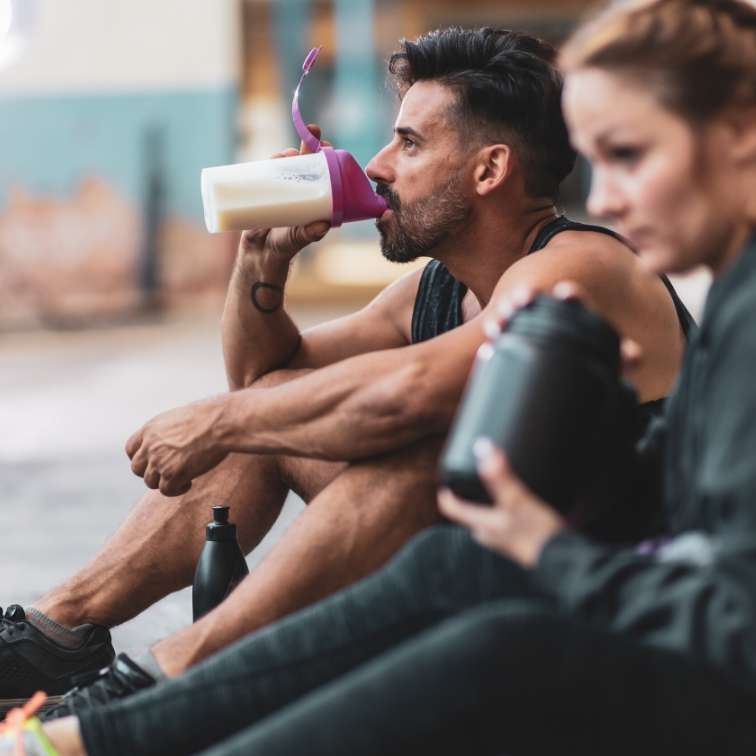
4 Reasons Why Milk is Among the Best Sports Drinks for Swimmers
We’ve all seen the advertising about milk: “It does a body good”. But what about swimmers' bodies and those of you training for swim meets and competitions? In this article, we’ll take a look at how milk and milk products can be an integral part of any swimmer’s nutritional regime, and why it is super nutritious for swimmers!

1. Leader in Proteins
Dairy milk is one of the best sports drinks since it is a natural source of calcium and protein, and also the leader in potassium. For nutrition for swimmers, milk also contains the two best proteins for rebuilding muscles: casein and whey.
Casein is the most abundant protein milk contains. It is relatively insoluble and tends to form structures called “micelles” that increase solubility in water. Casein is considered the "time-release protein" since it is absorbed slowly by the body. This makes it the ideal protein to take before your 6-9 hour sleep so it has a high chance to reduce the negative effects of your body going into a catabolic state (where the body breaks down muscle into needed energy). In fact, a study has shown that “Casein consumption has resulted in a prolonged increase in blood amino acids that resulted in a 34% reduction in protein breakdown.”
Whey protein is an easily digestible protein that has a high ratio of the right essential amino acids. It helps improve muscle strength, immune function, and is used to help prevent heart disease and bone loss. Together, whey provides a quick burst of protein synthesis while casein makes is more of a time-release protein and helps prevent the body from going into a catabolic state.

2. Helps with recovery
Drinking milk as a sports drink may also help athletes recover quicker if they are performing multiple times in a day. The damage caused by exercise leads to a breakdown of the protein structures in your muscles. Athletes should always drink something with some proteins and carbohydrates right after training as this helps increase muscle protein synthesis, which leads to bigger long-term gains in strength and lean body mass.

3. Natural electrolytes
In recent years, milk has attracted interest as a potential hydration aid due to its naturally rich electrolyte and carbohydrate contents. During exercise, fluid and electrolytes are lost in sweat and must be replaced to prevent dehydration and the associated dips in performance. Research shows that fluid uptake in the small intestine is enhanced by the presence of glucose and sodium, both of which are found in milk in ideal quantities. Studies have also found that the addition of milk protein to a carbohydrate solution aids rehydration more effectively than carbohydrate-only drinks after exercise-induced dehydration.
4. Diet-specific alternatives

Whether it's lactose intolerance, milk allergies, veganism, taste or health reasons, people are switching to non-dairy forms of milk. Make sure that the non-dairy alternatives are fortified with calcium and Vitamin D, which is needed for absorption.
Ultimately the decision of whether or not to include milk and milk products comes down to you. You can certainly survive without it, and the nutrients that milk provides can readily be obtained from alternate sources (non-dairy sources of calcium include canned fish with bones, leafy green vegetables and dried fruit). There are great supplements for swimmers and athletes in general who need more nutrients than what they are currently consuming from food alone. However, unless you have a specific reason to avoid dairy, it’s worth considering the benefits, especially if you are an athlete. Not only do dairy foods make a convenient contribution to energy, carbohydrate and protein goals, their compounds also support muscle recovery, which could just put you ahead of the game.










Leave a comment
This site is protected by hCaptcha and the hCaptcha Privacy Policy and Terms of Service apply.